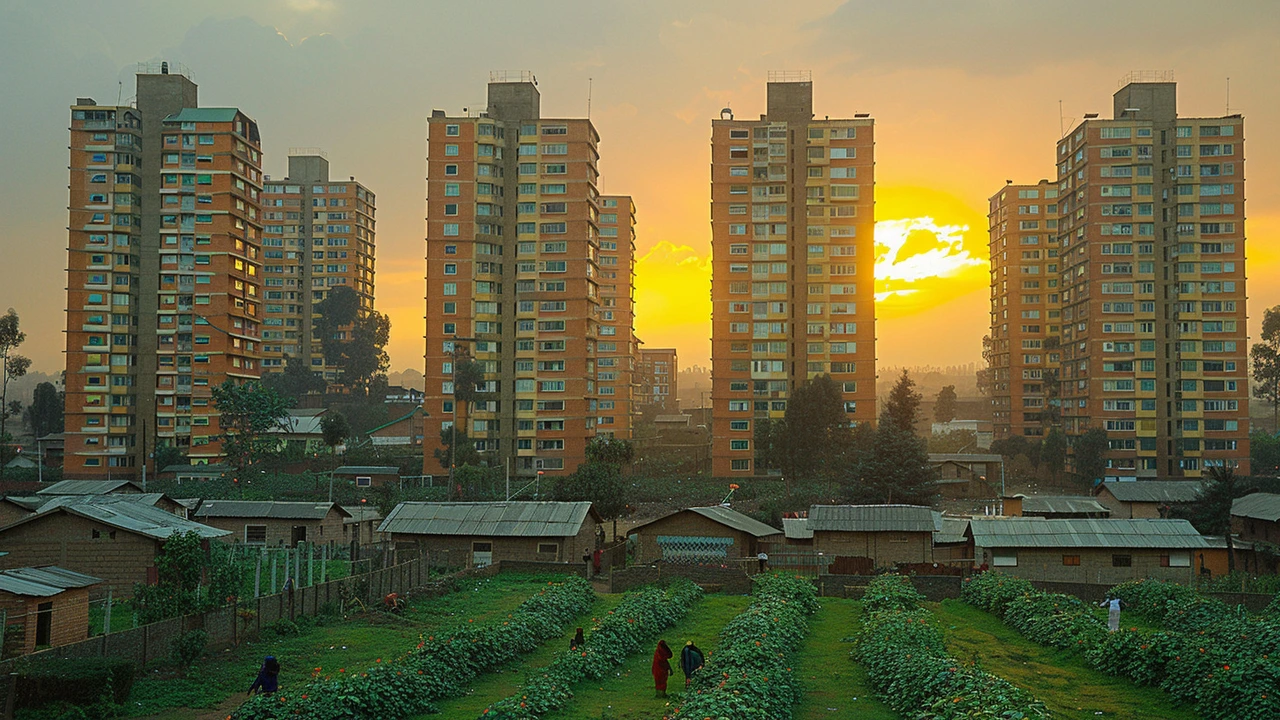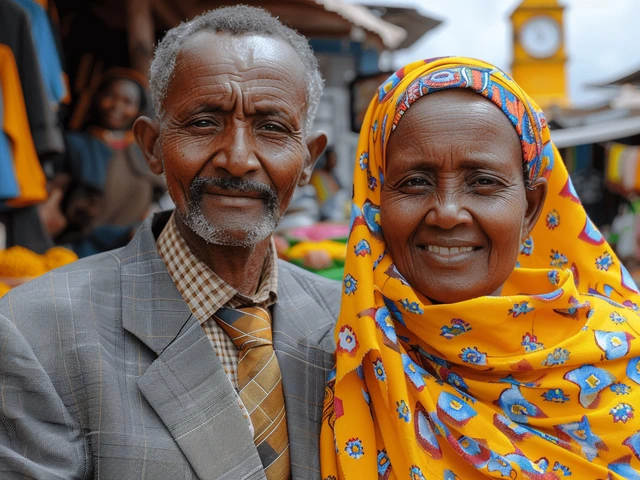Housing Costs in Ethiopia: Your Guide to Rent and Living Expenses
Ever wondered what it really costs to find a place to live in Ethiopia? If you’re planning a move or curious about renting, this guide gives you the numbers and facts you need. Housing costs in Ethiopia can catch newcomers by surprise, especially in busy cities like Addis Ababa where prices shift fast. Let’s break things down with real numbers and practical advice.
In Addis Ababa, the biggest city and capital, rent absorbs a huge part of your monthly budget. For a one-bedroom apartment in the city center, current prices hover around 8,000 to 15,000 ETB per month. Move a little farther out, and you might pay about half that. It’s a big gap, but location changes everything here. If you’re looking for a more spacious family apartment or a modern condo, monthly rent can quickly climb past 20,000–30,000 ETB, depending on the neighborhood and building quality.
Other cities like Dire Dawa, Mekelle, and Bahir Dar offer better deals. Rent for similar-sized apartments often drops by 30–50%, making them popular options for people who work remotely or want to avoid the capital’s traffic and hustle. In smaller towns or rural areas, local housing—usually called ‘tukuls’—costs much less. But don’t expect every modern amenity just because you save on rent. Think basics—sometimes shared water or communal bathrooms, especially outside the main cities.
What pushes rent up? Landlords almost always factor in proximity to transport, international schools, access to internet, as well as safety and power reliability. Apartments close to embassies or popular commercial centers cost more. You’ll also pay a premium for 24-hour water, backup generators, or compound living. On the other hand, cash rent pays in advance—expect requests for three to six months upfront, sometimes a whole year.
Utilities can sneak up on you. On average, set aside 1,000–2,500 ETB monthly for basic utilities (water, electricity, garbage). Internet costs remain higher than in some neighboring countries—budget 1,000–2,000 ETB per month for a decent home connection. So, always ask what’s included in your rent before committing.
Pro tips to save on housing costs? Search outside city centers, consider house-sharing, and always view places in person before paying anything. Agents often add a one-month fee, but local Facebook groups and recommendations from coworkers or friends can help you find better deals directly from owners.
If you’re worried about sudden rent hikes, you’re not alone. Ethiopia doesn’t have strict rent control laws, so always get your rental agreement in writing—even a simple contract in Amharic or English will do. Take photos of the property before moving in and keep receipts for any repairs or improvements you pay out of pocket.
Bottom line: With a little research and some street smarts, you’ll avoid the common traps and find a place that fits your budget. Housing costs are changing with Ethiopia’s growing economy, but the basics stay the same—location, amenities, and negotiation skills will always matter the most.





